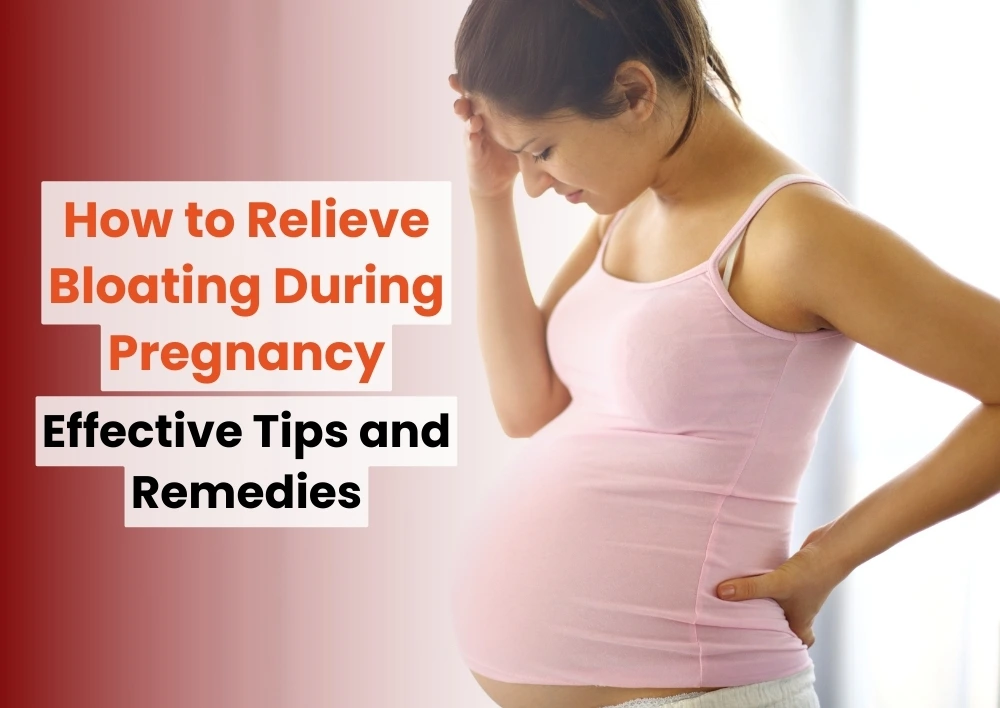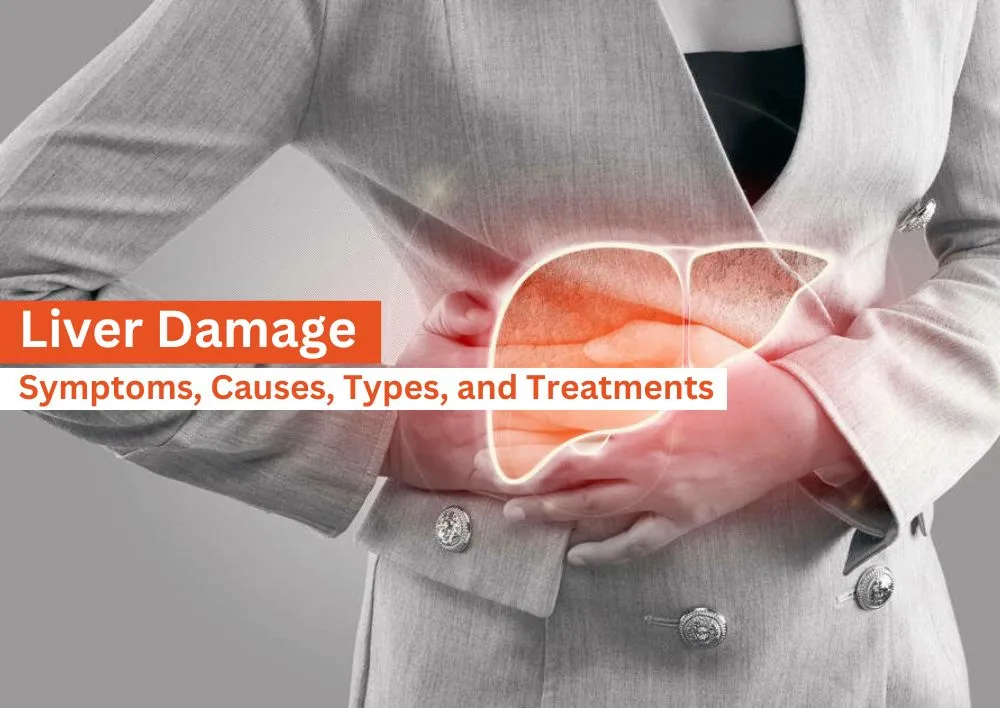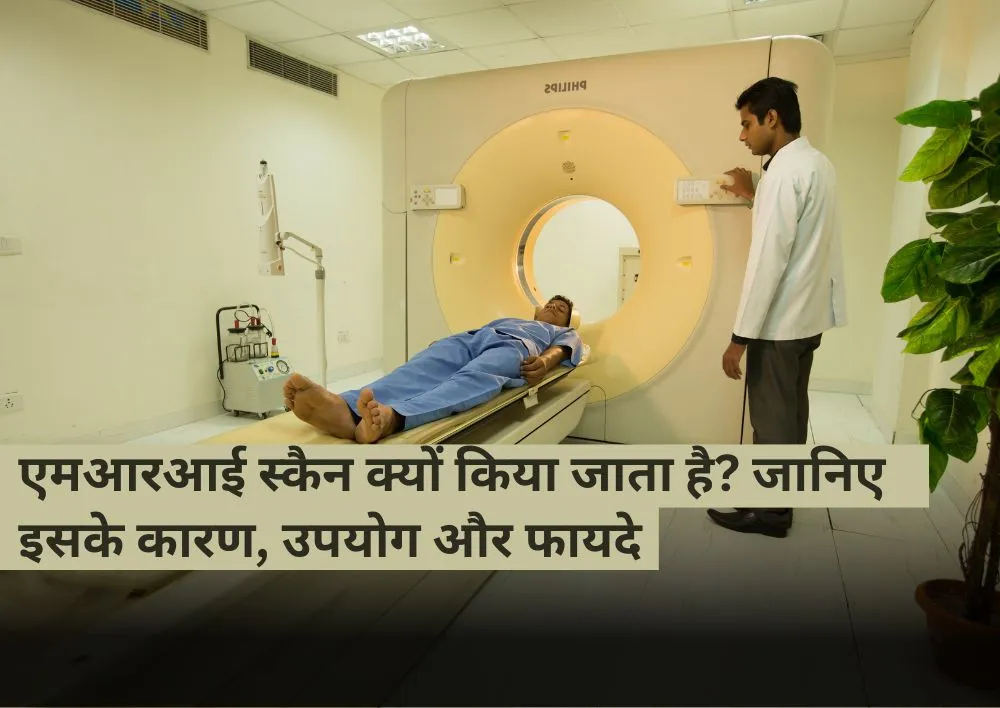How to Relieve Bloating During Pregnancy: Effective Tips and Remedies
Pregnancy is an exciting and life-changing experience, but it can also come with various discomforts. One common issue many expectant mothers experience is pregnancy bloating. While it is a natural part of pregnancy, bloating can cause significant pain and frustration. Understanding why bloating during early pregnancy and even around the third trimester occurs and how to relieve it can help you feel better during pregnancy.
In this blog post, we will explore the causes of bloating during pregnancy and effective strategies to relieve bloating. We will also discuss lifestyle changes and natural remedies that can provide relief. Whether you are in your first trimester or nearing the third, these tips can help reduce pregnancy-related discomfort and enjoy a more comfortable experience.
What Causes Bloating During Pregnancy?
According to the best gynaecologist in gurgaon at Miracles Apollo Cradle, before exploring how to relieve pregnancy bloating, it is important to understand why it happens. Several factors can make you feel bloated while pregnant, some of which are temporary and others that are a natural part of the process.
-
Hormonal Changes: When you are pregnant, your body undergoes several hormonal changes, and progesterone is one of the main suspects. This hormone works to relax smooth muscles throughout your body, including your digestive tract. While this is important for the growing baby, it also slows down the digestive process, causing food to stay in the stomach and intestines for a longer period. The slower digestion can result in excess gas, leading to that uncomfortable bloating sensation.
-
Pressure from a Growing Uterus: As your baby grows, your uterus expands and puts more pressure on the surrounding organs, especially the intestines. This pressure can cause discomfort and lead to bloating. As your pregnancy progresses, this pressure increases, making bloating more noticeable.
-
Constipation: During pregnancy, your body produces more progesterone, which not only slows down digestion but can also lead to constipation. When stool becomes trapped in the intestines, it creates a feeling of fullness and bloating. Unfortunately, constipation is common during pregnancy and can make bloating feel even worse.
-
Dietary Changes: Many females experience cravings and dietary changes during pregnancy. Unfortunately, some of these food choices can begin bloating. Foods, high in fiber, such as beans, broccoli, and cabbage, are often healthy but can cause gas and bloating. Additionally, carbonated drinks and fatty or fried foods can also contribute to bloating.
-
Increased Blood Flow: Pregnancy increases blood flow to various organs, including your digestive system. This extra blood supply can sometimes make your stomach feel full, even if you haven't eaten much. This can also slow down digestion, further contributing to bloating.
How to Relieve Bloating During Pregnancy
Fortunately, pregnancy bloating can be managed with a few lifestyle modifications and remedies. Here are bloating during pregnancy home remedies.
1. Stay Hydrated: Drinking plenty of water is important during pregnancy, and it can also help with bloating. Staying hydrated helps your body process food more effectively and prevents constipation, which can contribute to bloating. Drinking water also helps flush excess salt from your body, which can help reduce bloating.
Tip: Try to drink 8 to 10 glasses of water daily to stay well-hydrated. You can also drink herbal teas like ginger or peppermint tea to help soothe your digestive system.
2. Eat Smaller, More Frequent Meals: Swap out three large meals a day for smaller, more frequent meals to ease digestion and reduce bloating. This approach helps prevent overeating and reduces the pressure on your stomach and intestines. When you eat large meals, your digestive system has to work harder, which can worsen bloating.
Tip: Try eating 5-6 small meals throughout the day, each consisting of easily digestible foods.
3. Avoid Gassy Foods: Certain foods can start bloating and gas during pregnancy. Foods that are known to cause gas include beans, cabbage, broccoli, onions, and carbonated drinks. While it is important to maintain a balanced diet, you might want to reduce your intake of these foods if you experience bloating.
Tip: Keep a food journal to track which foods may be causing your bloating. This will help you identify your triggers and make adjustments accordingly.
4. Include Fiber Slowly: Fiber is important for digestive health and can help relieve constipation, which is a common issue during pregnancy. However, consuming a large amount of fiber in one go may lead to gas and bloating.. If you are increasing your fiber intake, do so slowly to give your body time to adjust.
Tip: Include fiber-rich foods like fruits, vegetables, whole grains, and legumes in your diet, but start with small portions and increase slowly.
5. Exercise Regularly: Regular exercise is an excellent way to relieve bloating. Physical activity helps boost your digestive system, which can reduce gas and bloating. Even a simple walk can promote bowel movements and ease discomfort.
Tip: Make an effort to incorporate 30 minutes of moderate exercise into most days of the week. Safe activities like walking, swimming, and yoga can be especially beneficial during pregnancy.
6. Try Gentle Pregnancy Yoga: Yoga is a wonderful way to relieve bloating during pregnancy. Gentle yoga poses can help stimulate digestion, reduce stress, and promote relaxation. Poses like cat-cow, child’s pose, and seated twists can help alleviate bloating and gas.
Tip: Take a prenatal yoga class or follow an online video that focuses on digestion and relieving bloating during pregnancy.
7. Avoid Swallowing Air: Swallowing air can increase the amount of gas in your digestive system, leading to bloating. It is important to avoid conduct that can cause you to swallow excess air, such as chewing gum, drinking through a straw, or talking while eating.
Tip: Be mindful of your eating habits and try to eat slowly, savoring each bite.
8. Take Probiotics: Probiotics are beneficial bacteria that support your digestive health. They can assist in reducing bloating and supporting a healthy digestive system. During pregnancy, taking a daily probiotic supplement or consuming probiotic-rich foods like yogurt and kefir can help maintain a balanced digestive system.
Tip: Talk to your healthcare provider about taking a probiotic supplement during pregnancy to support your digestive health.
9. Consider Natural Remedies: Several natural remedies can help relieve bloating during pregnancy including:
- Ginger: Ginger is known for its ability to soothe the digestive system and reduce bloating. You can drink ginger tea or use fresh ginger in your meals.
-
Peppermint: Peppermint is another herb that helps alleviate bloating and gas. Peppermint tea or a few peppermint leaves can help relieve discomfort.
-
Chamomile Tea: Chamomile is known to relax the digestive tract and reduce bloating. Drinking chamomile tea can help calm your stomach and ease bloating.
Tip: Always consult with your doctor before using any herbal remedies during pregnancy to ensure they are safe for you and your baby.
10. Wear Comfortable Clothing: Tight clothing can put additional pressure on your abdomen, making bloating worse. Wearing loose, comfortable clothing can reduce this pressure and allow your digestive system to function more effectively.
Tip: Opt for loose-fitting maternity clothes that allow room for your growing belly and prevent discomfort from bloating.
When to Seek Medical Help?
Bloating during pregnancy is usually harmless, but there are times when it may be a sign of something more serious. If you experience severe bloating that doesn’t go away or is accompanied by other symptoms like sharp abdominal pain, vomiting, fever, or blood in your stool, seek medical attention immediately.
Also, if you experience sudden, severe bloating in the third trimester, it could be a sign of pre-eclampsia, a serious pregnancy condition that requires immediate medical attention.
Conclusion:
While pregnancy bloating is a common and natural part, it doesn’t have to rule your life. By making a few simple lifestyle changes, such as staying hydrated, eating smaller meals, avoiding gassy foods, and including gentle exercise, you can significantly reduce bloating and feel more comfortable during your pregnancy. Natural remedies like ginger, peppermint, and chamomile tea can provide relief but always check with your gynecology doctor before trying new treatments.
Remember, each pregnancy is different, so it is crucial to pay attention to your body and consult a gynae doctor when needed. With these tips, you can manage bloating and enjoy a healthier, more comfortable pregnancy!
If you’re dealing with bloating during pregnancy and want personalized advice, don’t hesitate to reach out to the gynaecologist near you at Miracles Healthcare. Our experienced team is dedicated to helping you go through the ups and downs of pregnancy with ease. Get in touch with us today to learn more about how we can support your pregnancy journey!



_in_Pregnancy.webp)









Was the information useful?
0 0